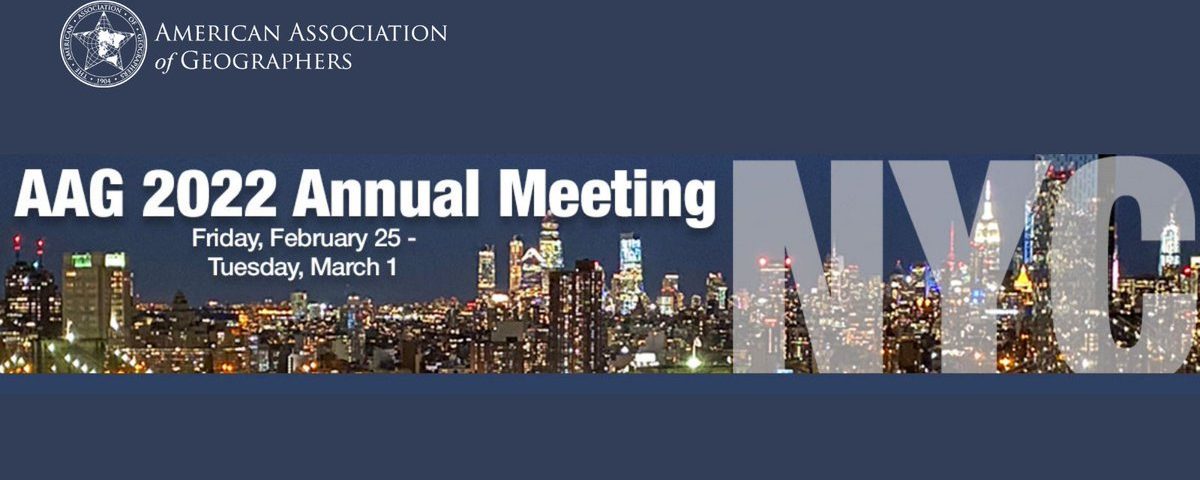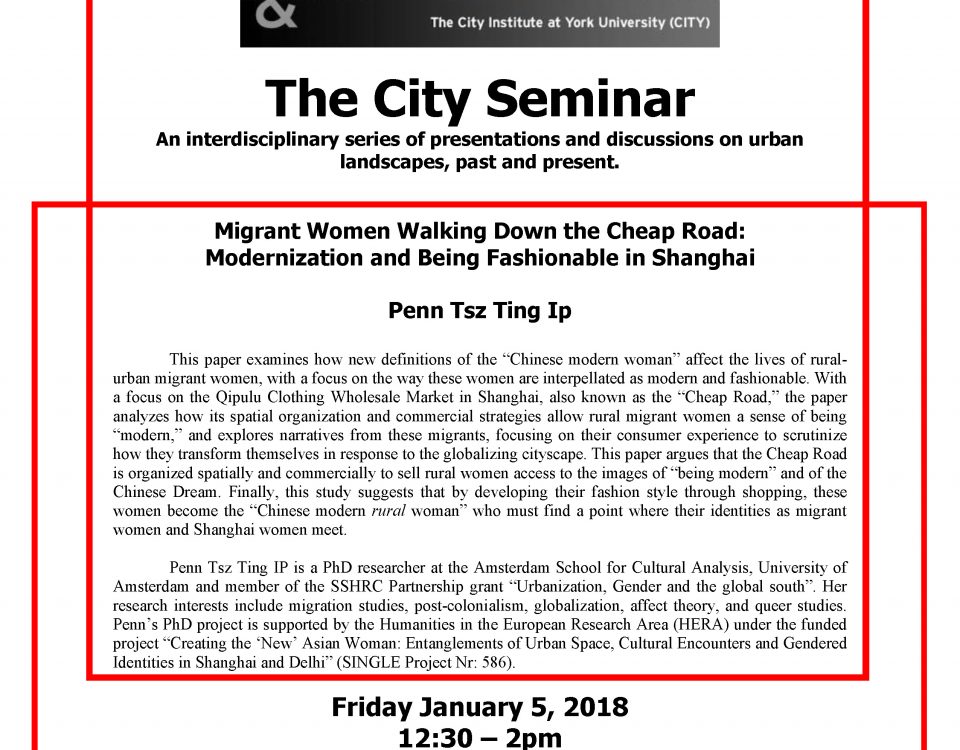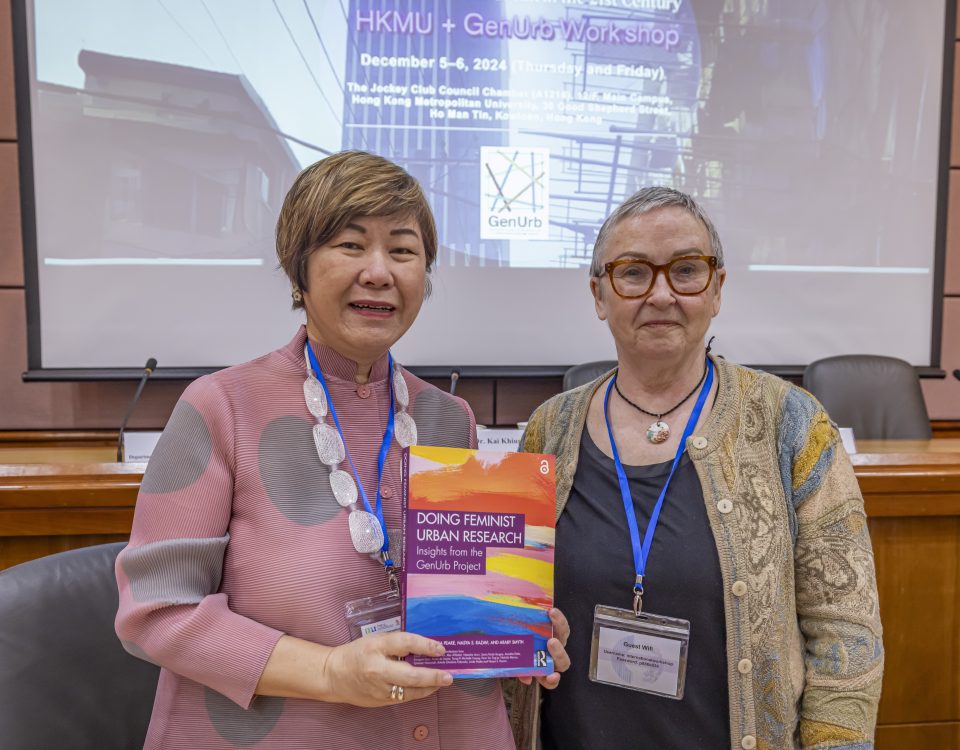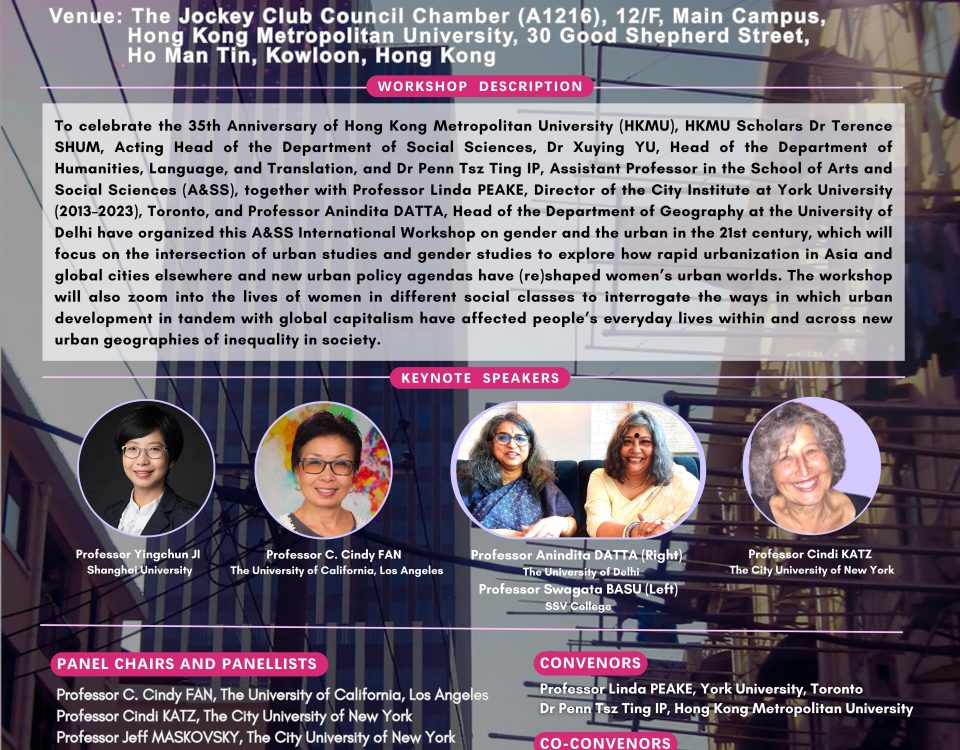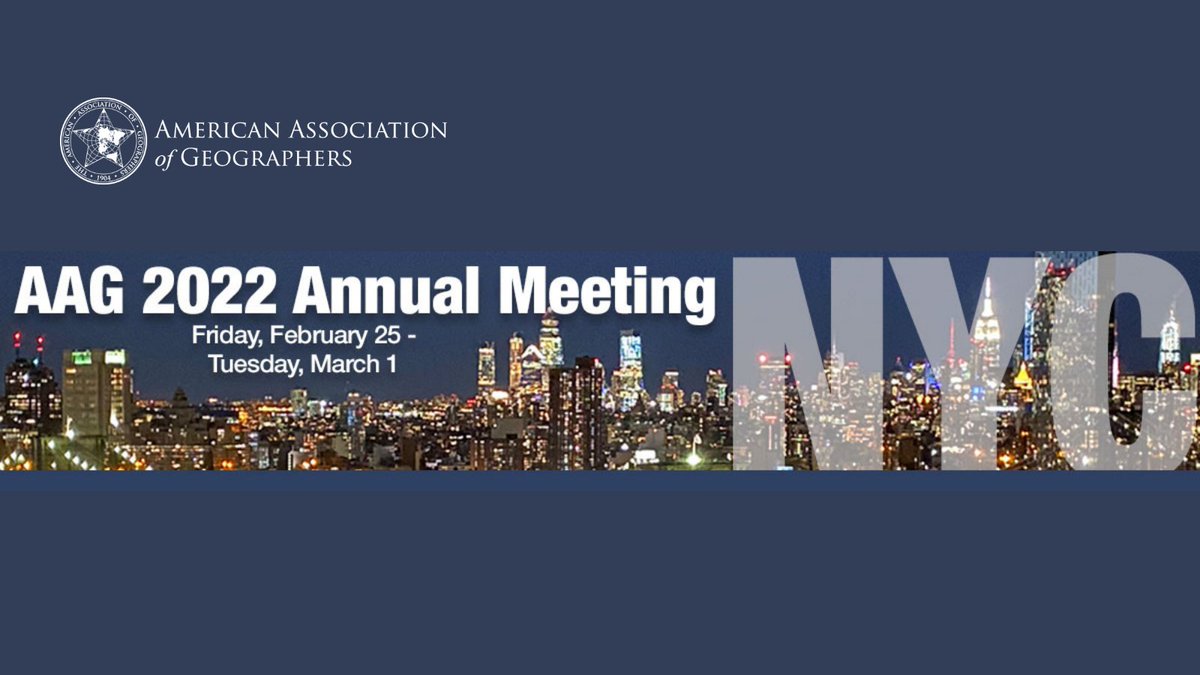
CFP AAG February 2022, NYC (virtual and in-person)
September 30, 2021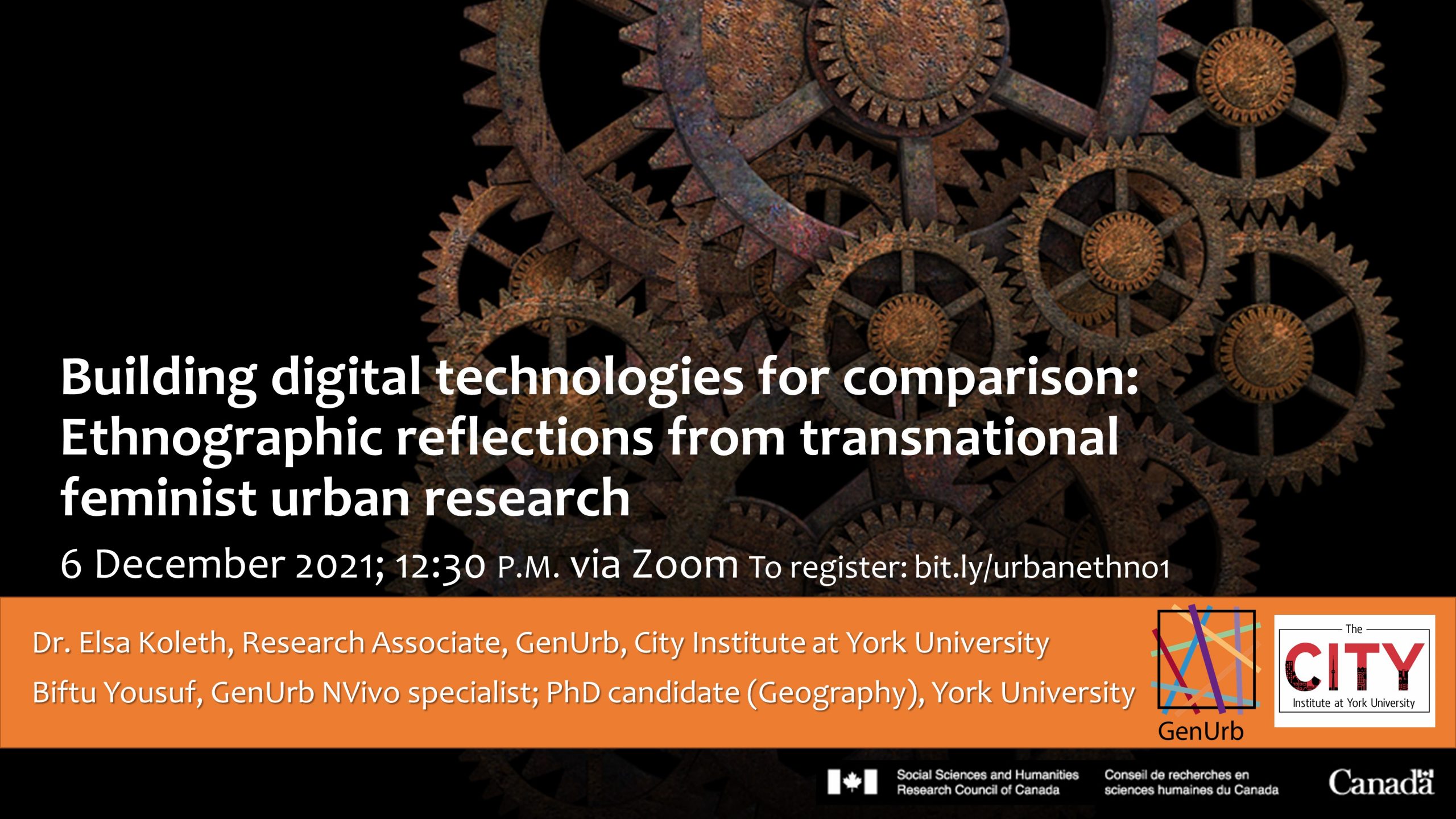
Webinar: Building digital technologies for comparison
November 25, 2021Title: Affective geographies of care in the neoliberal city
Abstract
Urban spaces around the world have been crucial sites for unfolding processes of neoliberalization (Theodore 2020). At the same time, care has been downloaded to the individual, the family and the community with welfare states being continuously dismantled (Fraser 2017) along with the neoliberal doctrine of individual responsibilization. Within the processes of neoliberalization, in its various forms in the city (from zero tolerance policies, gentrification and displacement, austerity urban governance, etc.) care can take various forms that shape urban geographies. At the same time, the “affective turn” in social sciences is marked by an increasing interest in the personal (and collective) experiences of the surrounding material and social environment and is often framed as transgressing cognitive knowledge and signification. In urban geography, approaches to affective geographies range from the ways affect is spatialized in the urban as specific practices, design and technologies in the urban that produce a political response and can be employed in the politics of urban governance (Thrift 2004) to “social encounters and relations of production and reproduction” that “unfold in spaces of affective (dis-) encounters” (Gutierrez-Rodriguez 2014:47). Practices of care, individual and collective, unfold within affective atmospheres and economies (Ahmed 2004; Anderson 2009), ranging from positive and empowering to hostile (Carastathis 2015) along the lines of race class and gender (Bromberg 2015: 98). Thus, practices of care are not only affective as in the impact of feelings circulating in a dispersed manner, on people’s bodies and psyches (Gutierrez-Rodriguez 2014:47), but also impacting the way the spaces they are performed in are produced and/or experienced, along with affect undergoing a ‘heteronormative regulation’ (Hemmings 2005, 560) within space. In the context of the neoliberal city, care practices and the affective economies they are part of but also create, form lived and felt affective geographies that produce urban space and impact the experience of the urban and the form and place of care itself. From the struggle for urban social justice, to reclaiming public spaces of everyday life; creating grassroots responses to collapsing welfare state and neoliberal revanchist policies of gentrification; forced evictions and zero tolerance policies, to alternative imaginaries of belonging, affective geographies of care encompass encompass the formation of subjectivity, identity, kinship and community, as well as the ethics by which individuals live.
In this session we are aiming to explore affective geographies of care within the differentiated geographies of neoliberalism in the urban as well as explore an expanding of the understanding of both care and affect in urban geography. More specifically, we welcome papers that will explore themes of (but not only limited to):
- How can we reconceptualize the concepts of care and affect through urban geographies?
- How does gender, race, class and (dis)ability shape practices and geographies of care and what are the affective qualities of these geographies?
- Feminist and queer approaches to affective geographies of care.
- Collective practices of care as a response to affective economies of hostility in the neoliberal city.
- Affective geographies of care under austerity in the urban.
- Creation of affective economies of resistance through collective care practices
- Individual and collective practices of care within the neoliberal city under lockdown, during the COVIS-19 pandemic.
- Affective geographies of care within the fieldwork in urban geographic research.
Please submit your paper title and abstract (up to 250 words), and/or any queries, to Mantha Katsikana ( manthak@yorku.ca ) by October 20th 2021.
References
Ahmed, S 2004, Affective Economies. Social Text 22(2), pp.117–139.
Anderson B (2009) Affective Atmospheres. Emotion, Space and Society, 2, pp.77-81.
Carastathis, A 2015, “The politics of austerity and the affective economy of hostility: Racialised gendered violence and crises of belonging in Greece”, Feminist review, 109(1), pp.73-95.
Fraser, N 2017. “Crisis of care? On the social-reproductive contradictions of contemporary capitalism”,Bhattacharya, T (ed.)Social Reproduction Theory: Remapping Class, Recentering Oppression, London, Pluto Press, pp.21-36.
Gutierrez-Rodriguez, E 2014, “Domestic work–affective labor: On feminization and the coloniality of labor”, Women’s Studies International Forum, 46(Complete), 45–53, doi:https://doi.org/10.1016/j.wsif.2014.03.005
Hemmings, C 2005, “Telling feminist stories”, FeministTheory, 6(2), pp.115–139, doi: https://doi.org/10.1177/1464700105053690
Theodore, N 2020, “Governing through Austerity: (Il) Logics of Neoliberal Urbanism after the Global Financial Crisis.”, Journal of Urban Affairs42, no. 1, pp. 1–17, doi:10.1080/07352166.2019.1623683.
Thrift, N 2004, “Intensities of Feeling: Towards a Spatial Politics of Affect”, Geografiska Annaler, 86(1), 57–78, doi:https://doi.org/10.1111/j.0435-3684.2004.00154.x
bento4d situs toto situs toto situs toto situs toto bento4d situs toto rtp slot rtp slot rtp slot rtp slot rtp slot rtp slot rtp slot gacor rtp slot gacor situs gacor rtp slot slot gacor softorgani.org santiacaf.org ghotive.org idikotamagelang.org crowncellars.org idikotapekalongan.org situs slot gacor slot resmi jacktoto jacktoto jacktoto jacktoto jacktoto jacktoto jacktoto jacktoto bandar togel bandar togel

